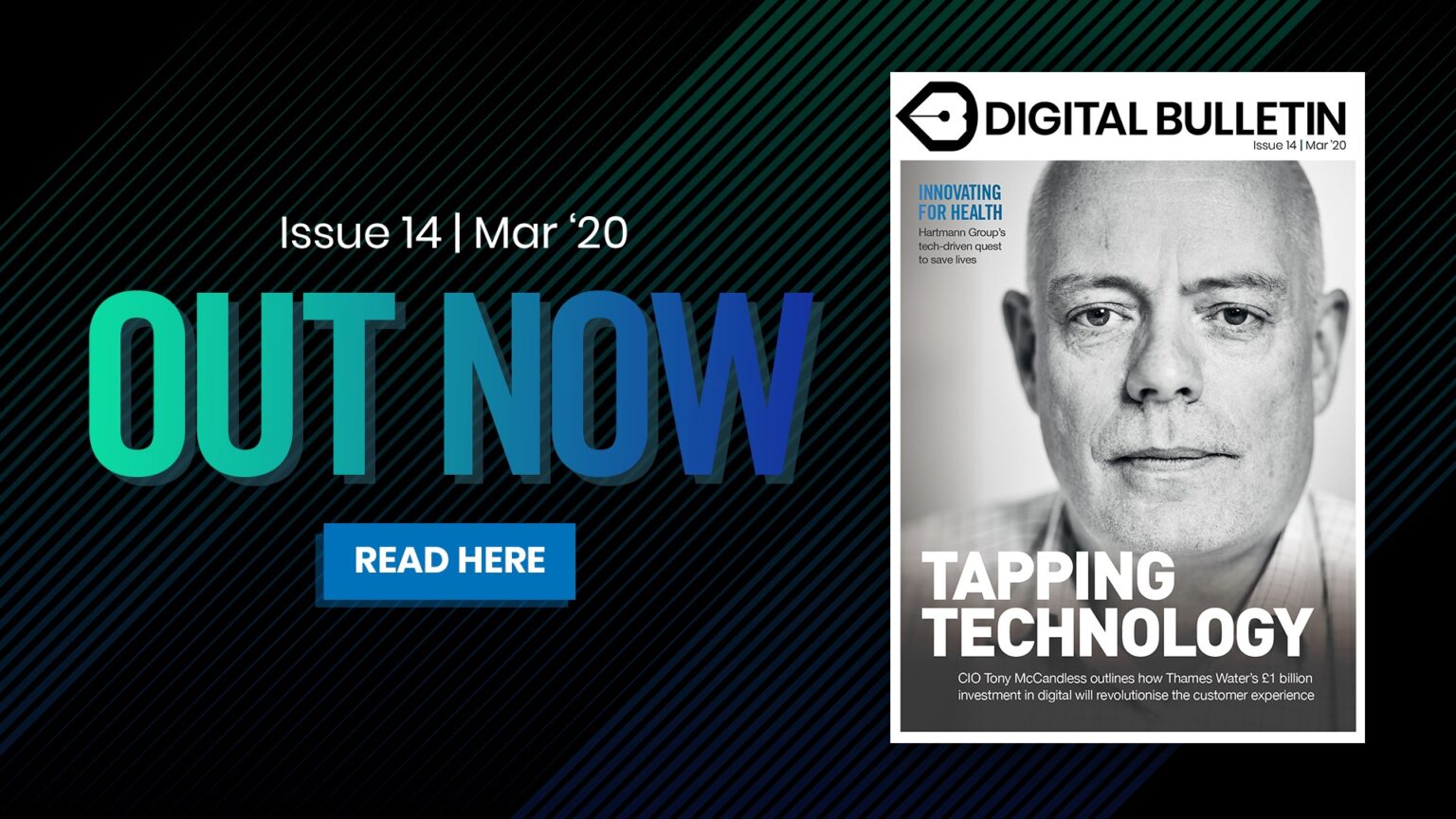
Infinidat’s CTO Eran Brown likes to tell a story to illustrate how he believes a new kind of currency exchange is being established when it comes to enterprise and the cloud.
“At every event I go to, I’ll ask who is taking business units to the cloud, and everyone will stick their hands up, but when I ask who is doing so because it is a cheaper way to do business, people look at me like I’m crazy,” Brown explains to Digital Bulletin.
“Lastly, I’ll ask how many of them are going to the cloud to accelerate time-to-market, and all of the hands shoot up again. For these companies that are running hundreds of terabytes of data, the public cloud service is going to come at a premium.
“When I ask them why they are prepared to pay that premium, they all say the same thing, which is when they want to launch a new business service it is all about being first, time to market is the new currency that is being traded in. And I always joke that there is a new currency exchange that is if you can pay 20% but get to market five months faster.”
The anecdote is a clear illustration of the cloud dilemmas that face companies struggling to make sense of increasingly complex and sizeable datasets and decide what stays on-prem, what is transitioned into public cloud, and how data can be effectively analysed to gain business insights.
Infinidat is a data storage company that specialises in creating top and bottom-line value for customers who depend on data at petabyte scale to create competitive advantage. Just last month, it announced that it has deployed more than six Exabytes in global storage capacity, moving from five Exabytes in less than six months. It is a reflection of the rapid growth in the market for large, high-availability storage systems, according to Infinidat.
Brown joined the company seven years ago, initially as senior product manager, leading many products from ideation through to release, and then taking the CTO EMEA position in 2018.
Brown says that key to his role is to act as the voice of the customer, looking beyond the obvious to understand what services Infinidat should be offering to clients.

“I like to be able to speak to clients to understand what they are trying to achieve. Often, you’ll find that the tertiary issue they’re trying to resolve is the result of a decision that was taken seven or eight years ago when digital transformation wasn’t a thing,” Brown says.
“That is the root cause, so just selling them a product is going to be nothing more than a band aid I’ll try to work with them to agree a wider technological solution to their business problem that allows the company to solve the issue from the root. That is what being an evangelist is all about, looking at wider challenges and offering different solutions altogether.”
Brown reflects on the changes in technology in his relatively short time at the company. But, he says, there is a commonality that links the leaps and bounds being made.
“We live in a deja vu era where every few years there is a new technology that allows us to do more with data and every couple of years technology causes us to consume, whether that’s storing or analysing, more data,” says Brown.
“It was databases in the past, then file sharing and collaboration suites, then it was business intelligence and support systems, then big data and now we are talking about AI, ML, DataOps. Every single milestone along the way has led to more storage and analysis of growing datasets to drive more value.
“I think that another exchange rate here is how much value can you drive from your data versus how much does it cost to do so. Businesses need a way to disrupt their cost structure when it comes to data.”
Infinidat’s recent work with UK-based cloud services provider Core DataCloud is a noteworthy use case of its value, taking disc storage from EMC Isilon, Unity, Nimble Storage and Rubrik and consolidating it on its petabyte-scale storage platform.
The Infinidat Infinibox will support backup and disaster recovery services for Core DataCloud, which serves around 120 customers from its data centre in Reading, UK.
“One of the things we hear most from our customers is that we allow them to gain agility on-prem that they can usually only get on public cloud, and Core DataCloud is a great example of this,” Brown comments.
“Two things that are really important to that are flexible business models, and enabling technologies that allow customers to accelerate their own operational processes. These two things together allow them to gain a lot of agility while still staying within their own premises, without worrying about things like the US Cloud Act, without having to prepay for infrastructure that they’re not using.
“This pay-as-you-grow mentality means they can gain agility in the more cost effective private cloud and the additional value of the public cloud is drastically decreased for them. That’s not to say that we don’t believe in hybrid clouds, everyone will have something in the cloud and on-prem, but the question becomes where the cost line goes.”
In addition, in February it was announced that leading data services provider US Signal is relying on the InfiniBox enterprise storage system to power its ongoing expansion.
US Signal’s seven Midwest data centres currently use 12 InfiniBox systems for business-critical application and data storage. Additional InfiniBox arrays will support a newly constructed, purpose-built eighth data centre in Metro Detroit scheduled to go online in March 2020.
At every event I go to, I’ll ask who is taking business units to the cloud, and everyone will stick their hands up, but when I ask who is doing so because it is a cheaper way to do business, people look at me like I’m crazy
“InfiniBox has the horsepower and the price-per-terabyte cost advantage we need to offer the most competitive managed security services on the market,” said Marc Creviere, principal systems engineer at US Signal.
“Infinidat’s products tie in very well with our infrastructure. The performance, availability and proactive support Infinidat delivers are a vital part of our success.”
Brown and Inifindat believe that by embracing a more cost cautious approach to data projects, IT departments stand a better chance of getting potential projects rubber stamped. He takes the examples of IoT and machine learning, two areas companies are keen to leverage to gain a competitive advantage.
“One of the biggest challenges customers are having when they are pitching projects to management is the need to push the cost down so the net value is higher. At the same time they want to de-risk the project because, while it may be compelling, it may fail,” he comments.
“If I just buy $2 million worth of specialised hardware that I’m stuck with whether or not the project is successful, that is not necessarily very good from a risk management perspective. Whereas if I buy something that I can pay-as-I-grow and is versatile so I can use it for something else, then that business flexibility and business model can really help get the buy-in from management and get a project launched.
“So it may be $2 million, but it is equipment that can be repurposed if the project is ultimately unsuccessful. It’s all about agility and improving the existing processes to enable private clouds to really be there for the business so they don’t have to access the more expensive public cloud.”



